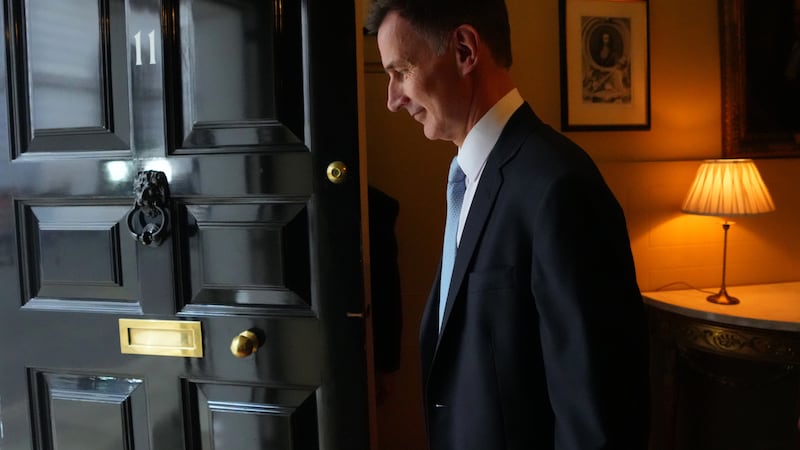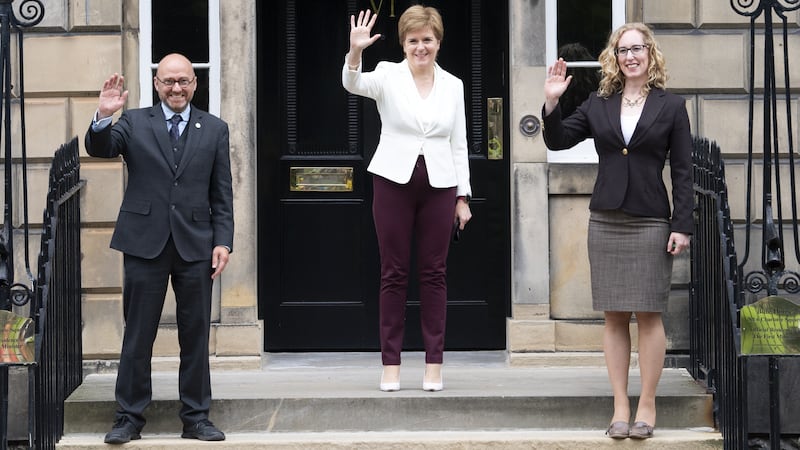MARCH 2012: The British government's Welfare Reform Act, which introduced an annual cap on benefits and overhauled many payments within the welfare system, is enacted. Stormont told it will can only 'tweak' changes decided at Westminster because of financial penalties associated with the socalled parity principle whereby changes to benefits are usually mirrored by the executive.
OCTOBER 2012: The Welfare Reform Bill, passed in England and Wales, is introduced in the assembly. A Sinn Féin amendment to postpone the bill fails. Representatives from the four main churches later tell a Stormont committee that proposed welfare reforms have created an "absolute fear" among the most vulnerable in society.
APRIL 2013: Legislation in Stormont is pulled by social development minister Nelson McCausland before it reaches consideration stage amid suggestions there is more negotiation to be done.
NOVEMBER 2013: UK work and pensions minister Mike Penning visits Stormont to renew pressure on the executive to pass the bill.
He warns Stormont faces a penalty charge of £5 million a month from January 2014 if legislation is not passed.
APRIL 2014:First Minister Peter Robinson warns of potential "nuclear options" if Stormont parties cannot reach agreement and says failure to introduce changes will lead to as much as £1 billion being lost from Stormont's block grant over a five year period.
DECEMBER 2014: Talks begin to deal with issues surrounding welfare as well as contentious parades, the flying of flags and the past. Reform of the welfare system proves a major stumbling block and talks directly involves the British and Irish governments. Executive parties agree at Stormont House to introduce UK benefit changes, but to pay for flexibilities and "top-ups" from their own budget.
FEBRUARY 2015: After a two-year delay, the Welfare Reform Bill finally moves to consideration stage in the assembly. Peter Robinson tells members the assembly would have "gone down" if there had been no agreement on welfare reform.
MARCH 2015: Sinn Féin suddenly withdraws
its support for welfare reform and accuses the DUP of reneging on commitments. Minister Mervyn Storey seeks to reschedule the bill, however, There are warnings of a serious crisis ahead at Stormont as a result.
MAY 2015:Ahead of the bill reaching the final stage, Peter Robinson warns assembly could not survive the scenario which would unfold if it is not approved. Finance minster Arlene Foster says no deal on welfare will mean the executive having to make cuts of £604m to balance its books. Mr Robinson is admitted to hospital with a suspected heart attack on the eve of the debate but the DUP proceed. Stormont, however, votes down the bill after both Sinn Féin and the SDLP sign a petition of concern.
* ROW: Stormont voted down the welfare reform bill after
both Sinn Féin and the SDLP signed a petition of concern


